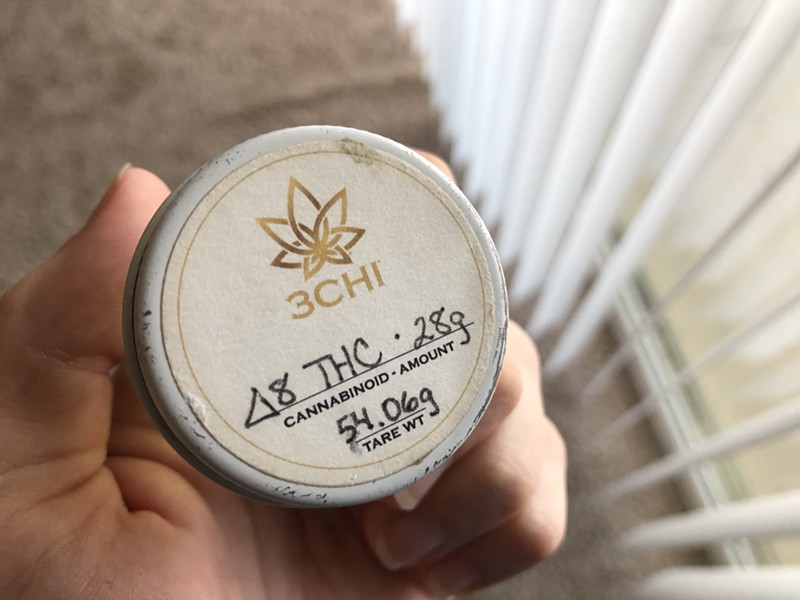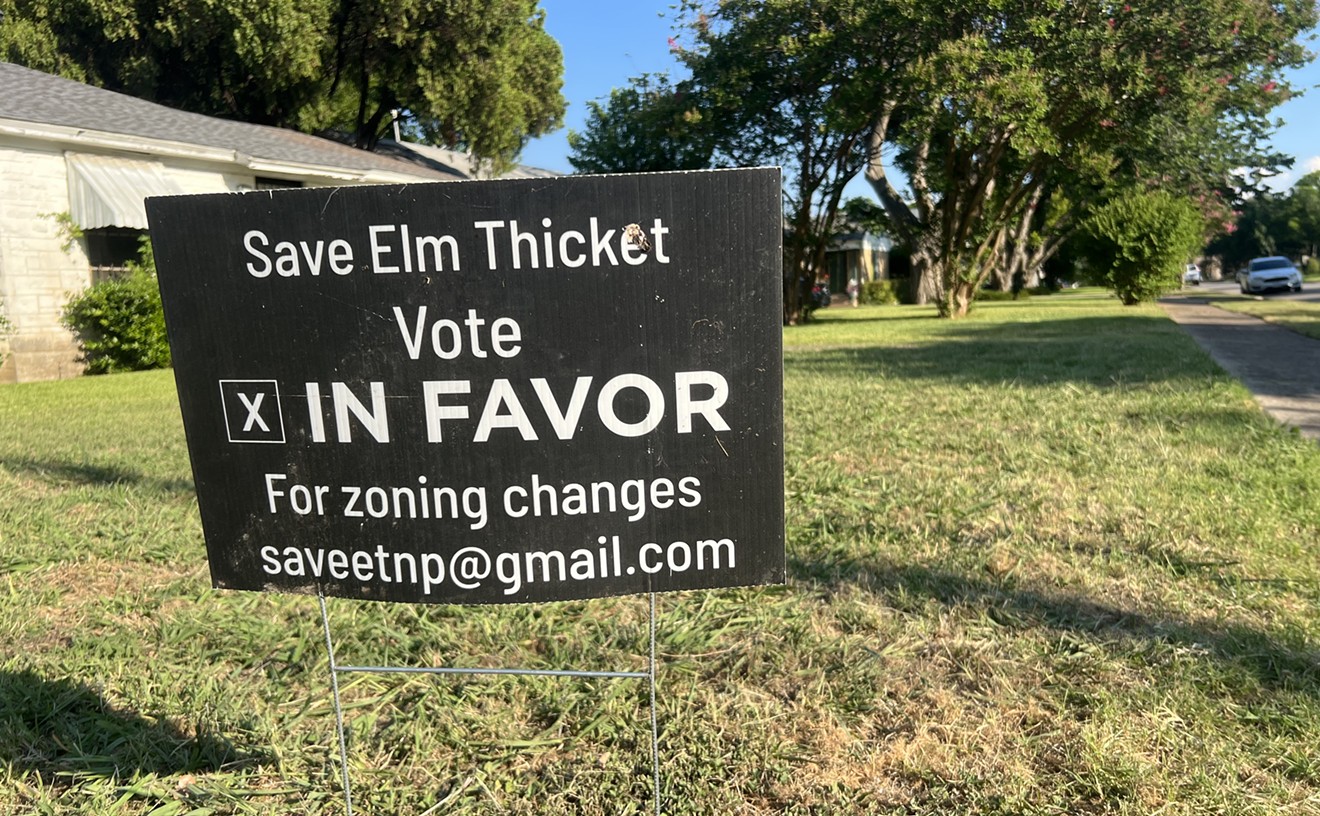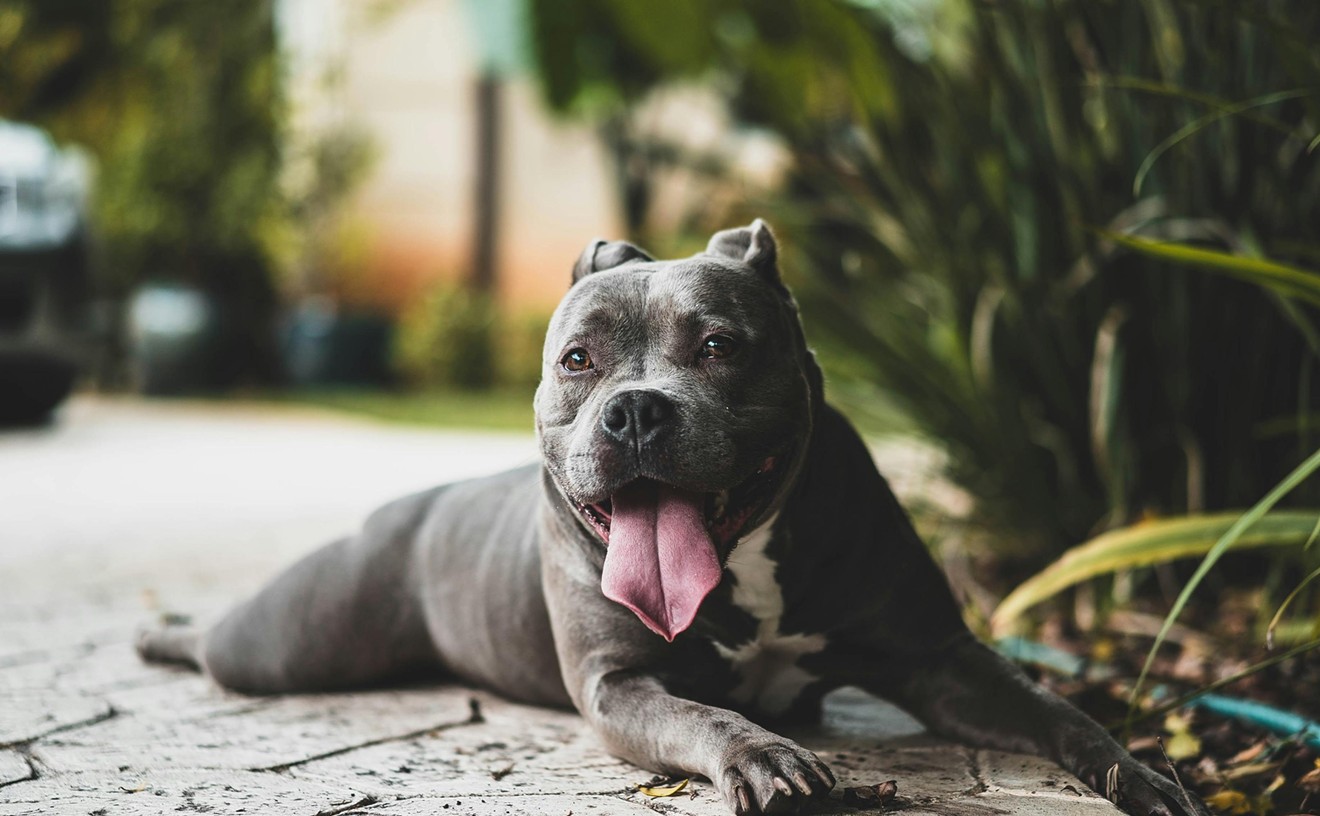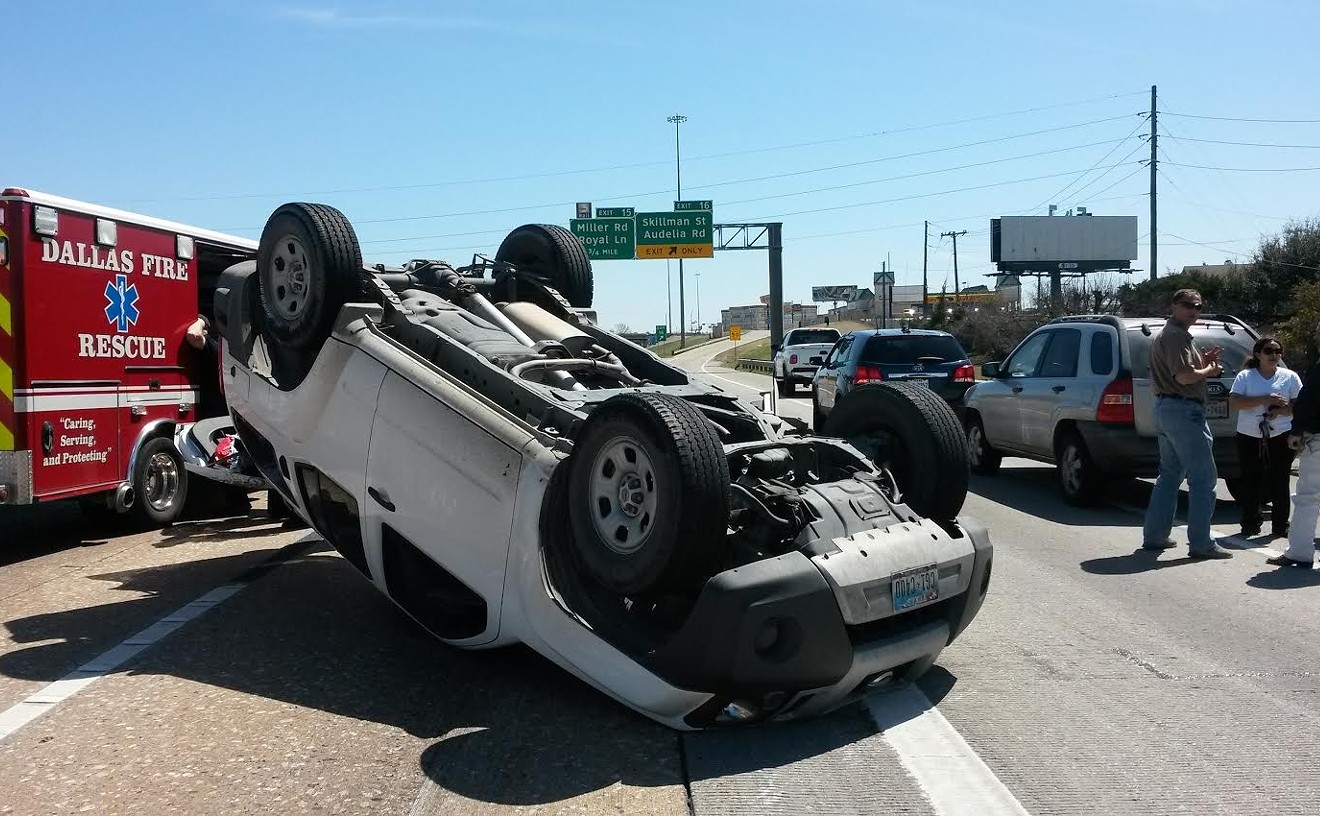To get an idea of how the Dallas Police Department handles hemp, the Observer requested a year's worth of police reports beginning Jan. 1, 2023, that mentioned hemp products such as delta-9 THC, delta-8 THC, delta-10 THC, THCa and HHC, all of which can be intoxicating and are, depending on how much or which lawyer you ask, arguably legal to possess. What we found is that DPD officers are not charging people with crimes for possessing it.
Things became more difficult for police departments after the passage of the 2018 federal Farm Bill and Texas’ House Bill 1325. These laws legalized hemp, defining it as cannabis with 0.3% delta-9 THC or less. Delta-9 THC is the main psychoactive component in weed that gets users high, but different forms of THC, such as THCa and delta-8, aren't explicitly mentioned in the laws and can also get users high. Savvy entrepreneurs saw a crack of daylight in the law and started pumping out products loaded with these versions of THC.
The state of Texas tried to ban these other forms of THC in 2021 and got sued by hemp manufacturer Hometown Hero. So far, the courts have sided with the hemp company, but the case could go to the Texas Supreme Court.
Hemp Arrests Outside of Dallas
The difficulty for police departments is that their field tests can’t distinguish between marijuana and hemp, and the two substances look and smell the same. So, these days, charging someone for marijuana possession is more complicated than just finding a green leafy substance or a package that contains THC. Some local law enforcement agencies — for example, Allen PD — focused on the question of what will get users high and less on organic chemistry and are making arrests and filing cases.Often, police departments have to send the substances to a lab determine whether it’s hemp or marijuana before they can file charges for possession. That appears to be what DPD is doing and, it's letting people off the hook if they determine the substance to be hemp. Other Texas police departments have taken a different approach.
Back in October in Killeen, Kyle Brown's Venom Vapors shop was raided because police said he was selling products with illegal levels of THC. Brown maintained that everything he sold was considered hemp. That didn't stop the police from taking all of his product and sending it to a lab. Before that, there was a raid on a hemp shop in Garland that involved local police and a Drug Enforcement Administration (DEA) task force. The shop's owner and a longtime employee were arrested and charged for allegedly selling products with too much THC. And prior to that, there was the raid on Happy Hippies in Little Elm. The shop owner wasn't arrested, but the raid all but shut down the business.
That all involved intoxicating hemp-derived substances like delta-8, delta-9 and THCa. However, in Navarro County, they didn't care if the substance was psychoactive or not. In October 2021, the Navarro County Sheriff's Office arrested a licensed hemp grower who was only selling CBD, which won't get you high. The charges were eventually dropped.
Hemp Arrests in Dallas
Here are a couple of examples of how Dallas police have handled hemp cases: Two DPD officers were working the gang unit on July 25, 2023, when they saw a white Volkswagen stopped in the middle of the road impeding traffic. The car eventually pulled over to the side to let people pass, and the two officers pulled up behind it and turned on their emergency lights. The people in the car said their dog had gotten out, which is why they were stopped in the middle of the road.They got the dog back in the car, but it jumped back out, revealing a loaded black Taurus 9mm handgun. This is when one of the people in the car said they had marijuana on them. The officers found a baggie filled with a green leafy substance and multiple packets of CBD and delta-8 gummies. They also had loose baggies and a scale, which is typically used in the process of selling narcotics, the police report said.
One of the people in the car was arrested for possession of marijuana less than 2 ounces and unlawful carrying of a weapon, but neither was charged for having the CBD and delta-8 gummies because their THC content was below 0.3% delta-9 THC. DPD general orders instructs local cops not to cite or arrest people for marijuana possession of 2 ounces or less unless there is evidence of intent to distribute, like scales or baggies. On top of that, the Dallas County District Attorney doesn't like to prosecute marijuana possession charges.
Earlier that month, a woman was pulled over for speeding in Dallas. The officer involved asked the woman to step out of the car so he could search it and found a metallic package with the letters THC plastered all over it. The officer detained the woman, putting her in handcuffs while he completed the search. The packaging said it contained delta-9.
“Upon further investigation, it was found that this strain is permissible in the state of Texas, but is still a form of intoxicant,” the police report said. “I took the handcuffs off the [suspect] and did a field release with her citations in hand for the traffic violations.”
Not everyone has been so lucky.
The police included a report from Jan. 26, 2022, in which a DPD officer observed someone driving without a seatbelt. The officer pulled the driver over, and when he walked up to the vehicle, he could smell marijuana and saw flakes of a green leafy substance in the driver’s lap, according to the police report. He asked the suspect and their passenger to step out of the vehicle so he could conduct a search.
The officer found a small jar with a green leafy substance believed to be marijuana. He also found a black pouch with gummies, which said they contained no more than 0.3% THC. The suspect explained to the officer that he had purchased the gummies at a smoke shop and that they were supposed to be legal because of the low THC content. That’s when the officer reached out to his sergeant for advice on the gummies. “ … due to the gray area of the new version of THC gummies he said to just file the offense,” the police report said.
Reached for comment, Kristin Lowman, a spokesperson for the department, said officers receive training on using drug test kits in the field. “The one challenge is ensuring the THC level is a precise amount to detect the substance accurately,” she said. “We send off any hemp to the laboratory to get the official percentage of THC, and if it is above the threshold of 0.3%, then it is considered marijuana.”
However, some worry how hemp products are being tested, as there are methods that utilize heat, which can, for example, convert THCa into delta-9 making the products pop hot for too much THC.
During their training, DPD officers are taught 12 hours of the state’s health and safety code, which educates them on the most recent laws regarding marijuana possession.
Since the passage of state and federal hemp laws, hemp shops have been popping up nearly everywhere. Some cities are even moving to limit the number of these shops in certain locations. But DPD says not much has changed for it since the shops started showing up around town. “DPD has not experienced an increase in illegal marijuana possession related to hemp shops,” Lowman said. “As a police department, we enforce the laws as passed by the Legislature.”
She added: “Many times a person possessing hemp will have the necessary paperwork to show that it is a legal substance. If there is any doubt of the substance, it is once again sent to a laboratory before any criminal charges are pursued.”
David Sergi, a cannabis attorney based in Texas, said law enforcement's confusion about hemp is more prevalent in rural communities and that Dallas seems to be doing things right. "A lot of people are having their lives turned upside down by arrests in smaller municipalities," he said. The big problem is there's a lack of education about hemp laws in some parts of Texas. This is why Sergi tries to work with clients and municipalities on the issue. He said there needs to be a more consistent approach across the state and that will only happen with more education.
"We are trying to educate our clients on the appropriate way of selling products, and purchasing and storing it, and also trying to work with police departments and city councils so they understand what the limits are and what they can and can't do," he said. "We're taking a lead and being the bloody edge of the tip of the spear and really trying to take the position that we're not fighting people. We're pointing out what the law is and asking local municipalities to follow the law."













